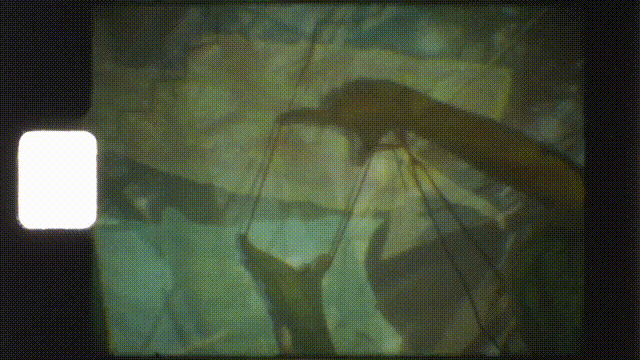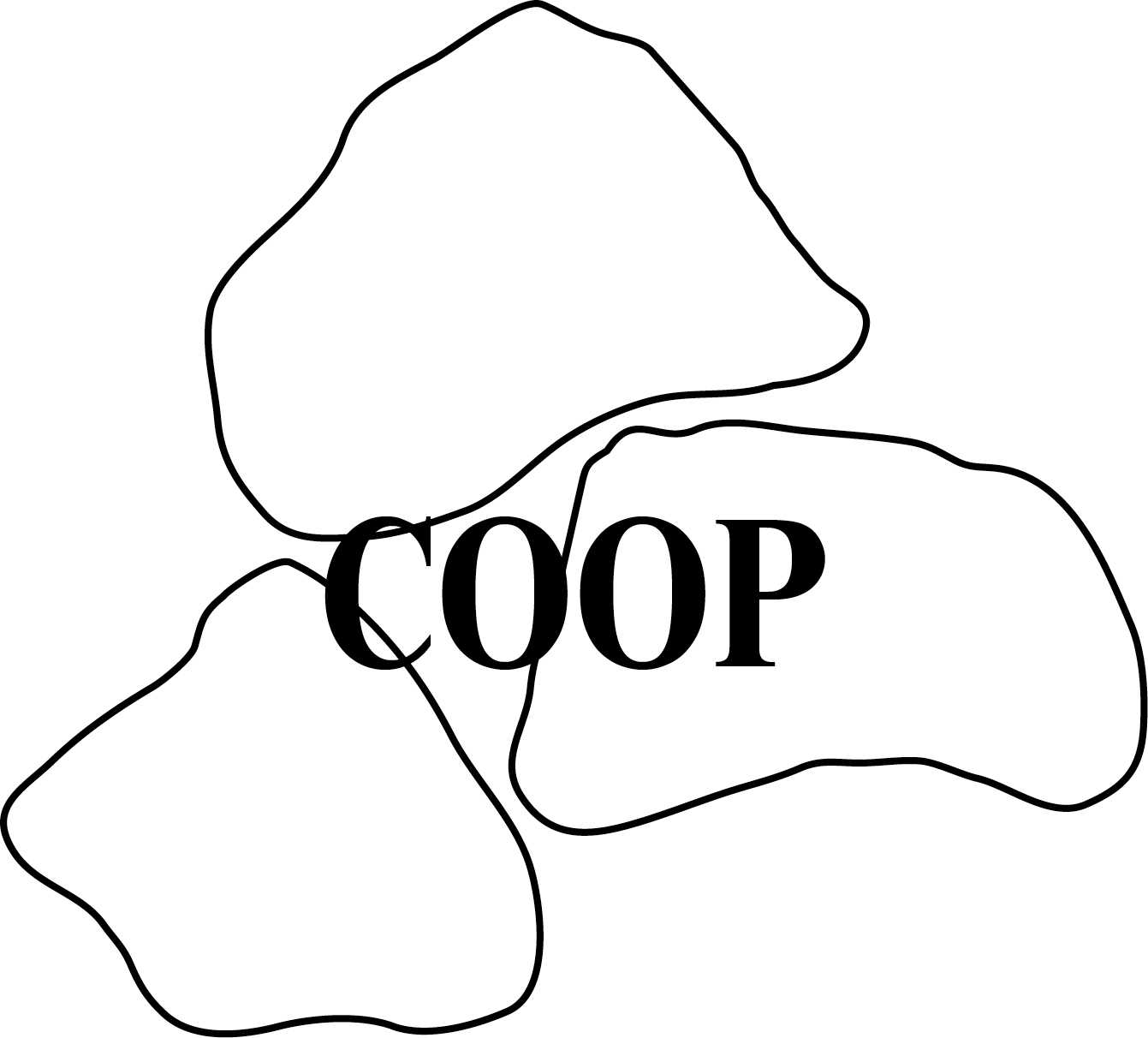2022-2023 COOP study group ~ Curating Positions: A cut through the screen
Tutor team:
Guests:
Partner:
Student participants:
Anastasia Nefedova, Claudia Medeiros, Daniël van der Giessen, Gabriel Acevedo, Ian Nolan, Saverio Cantoni, Savva Dudin, Till Langschied, Tomer Fruchter, Weronika Zalewska
Student led reflection:
Program:
Introduction to the program:
Parable of the Sower is the story of a young woman in a very grim near-future who has assembled a new belief system, a new religion, and who believes that this is the answer. It's a future in which the United States has sort of gone in the direction of the Soviet Union. It hasn't been defeated by outside enemies; it's just sort of gotten very weary and collapsed. Funny, nobody ever thought that could happen to the Soviet Union until it did. That's kind of the framework for the story.
"Devil Girl From Mars": Why I Write Science Fiction by Octavia Butler
Many have complained that anarchism lacks high theory. Even those who are considered its founding figures— Godwin, Proudhon, Bakunin, Kropotkin— often seem more pamphleteers and moralists than true philosophers, and the best-known anarchists of more recent times have been more likely to produce witty slogans, wild poetic rants, or science fiction novels than sophisticated political economy or dialectical analysis. There are thousands of Marxists academics but very few Anarchist ones. This is not because anarchism is anti-intellectual so much as because it does not see itself as fundamentally project of analysis. It is more a moral project.
„What is Anarchism“ Excerpt from Direct Action by David Graeber
Departing from a history of collective film production that is embedded in European avant-garde cinema (ex: Dziga Vertov) as well as in anti-colonial and decolonial struggles, internationalist feminist movements and workers’ struggles, this year’s COOP will engage with these histories in order to look at the possibility of producing our own collective structure that will allow film to happen. This move will reorganise our work relations and challenge authorship.
Starting from what we do not usually perceive in the structure such as the hidden essentials that allow the production to happen and shape it, we will go through this process of reorganisation in different steps that will be proposed by all coop participants. The Propositions will be gathered in an organisational chart/manual and serve as a guide through the different stages of our production. It will mainly contain a collection of tools, organisational methods, an agreement on work commitment, overarching values, principles and politics. This study will also include thoughts on formal and aesthetic processes.
Foundational questions will lead us to a propositional common practice:
How do we gather tools, organisational and discursive knowledge in order to build this collective praxis? What form will it take in terms of the division of labor? Will it be horizontally organised or will work be clearly divided with assigned roles? Can roles change in a rotational manner? How are political ideas practiced within the structure?
All these questions will be answered through different writing, filming and reading exercises, that will carry the idea of building a structure into a speculative level, whilst keeping in mind that the structure itself will serve as a foundation to help the COOP to produce a new filmic language and possibly new collective ways of working through film.
Inspired by filmic manifestos as well as anarchist texts and practices, science fiction and world-building literature as well as other grass-root DIY organisations that are invested in ecological struggles, queer and feminist organising, labor syndicalism and land rights, this study group will try to come up with our ideal and materially feasible structure that would permit us to produce throughout the year different filmic forms, whether discursive, intimate, didactic, educational, aesthetic (formal) or activist in a direct political sense.
How can we set a structure for the production of films that allows a multiplicity of individuals and different voices to inhabit the process? And what does the collective produce in terms of community around the structure and the film?
All the while tackling the infrastructural aspect of the process through questions of distribution, circulation and economy.
All of this will be a collaborative endeavour referring to the participants’ individual practices while looking at existing structures and models and engaging with a filmography and material that refer to a history of collectives in film such as The Black Audio Film Collective, Otolith group, Abounaddara, Rojava film Commune, Subversive films, Geocinema, Videoout, cinema caravan, another screen, Fhar, Dogma cinema, Mosireen, Masao Adachi on the landscape theory and many more.



